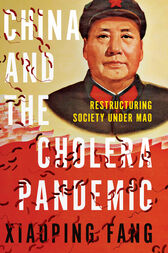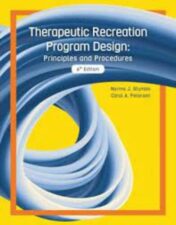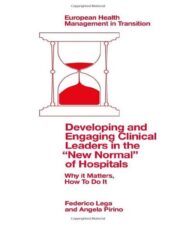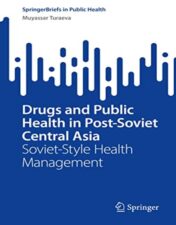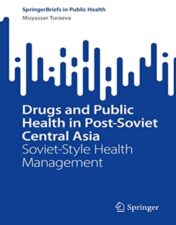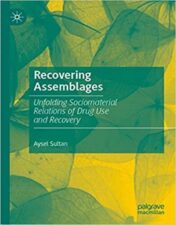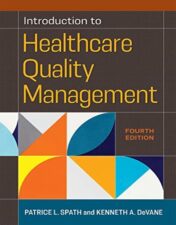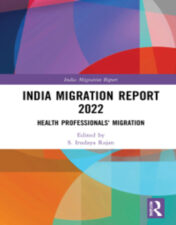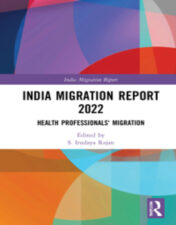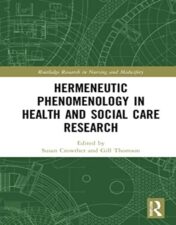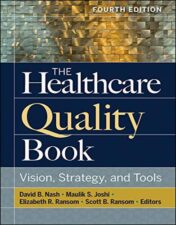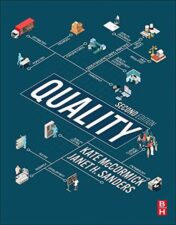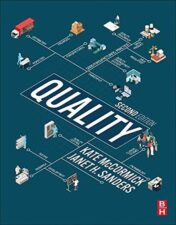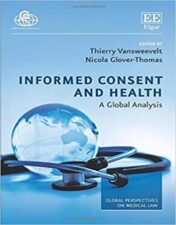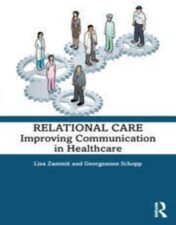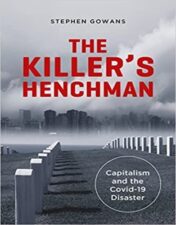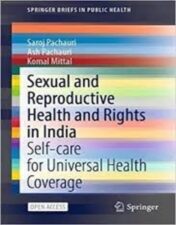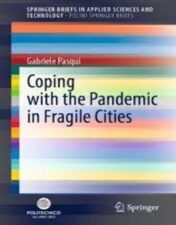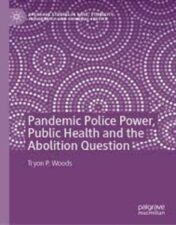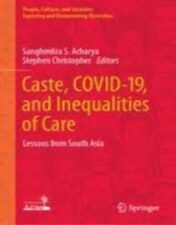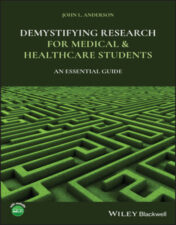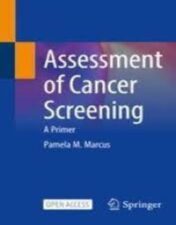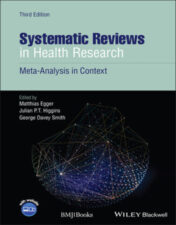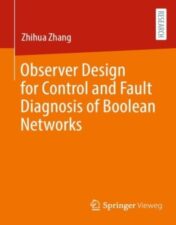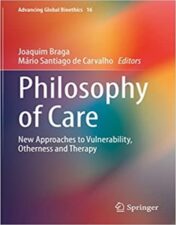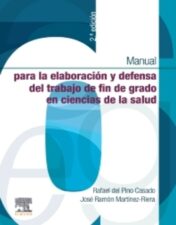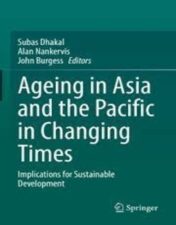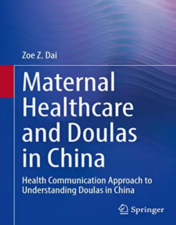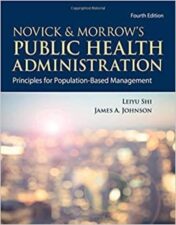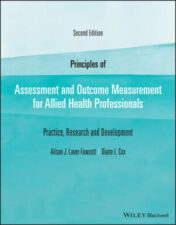Mao Zedong’s Great Leap Forward campaign organized millions of Chinese peasants into communes in a misguided attempt to rapidly collectivize agriculture with disastrous effects. Catastrophic famine lingered as the global cholera pandemic of the early 1960s spread rampantly through the infected waters of southeastern coastal China. Confronted with a political crisis and the seventh global cholera pandemic in recorded history, the communist government committed to social restructuring in order to affirm its legitimacy and prevent transmission of the disease. Focusing on the Wenzhou Prefecture in Zhejiang Province, the area most seriously stricken by cholera at the time, Xiaoping Fang demonstrates how China’s pandemic was far more than a health incident; it became a significant social and political influence during a dramatic transition for the People’s Republic.China and the Cholera Pandemic reveals how disease control and prevention, executed through the government’s large-scale, clandestine anticholera campaign, were integral components of its restructuring initiatives, aimed at restoring social order. The subsequent rise of an emergency disciplinary health state furthered these aims through quarantine and isolation, which profoundly impacted the social epidemiology of the region, dividing Chinese society and reinforcing hierarchies according to place, gender, and socioeconomic status.
China and the Cholera Pandemic (Original PDF)
$15
China and the Cholera Pandemic (Original PDF)
Related Products
Public Health Books
Introduction to Health Behavior Theory, 4th Edition 2022 Original PDF
Public Health Books
Public Health Books
Strategic Debriefing for Advanced Simulation 2022 Original PDF
Public Health Books
Applied Machine Learning for Assisted Living 2022 Original PDF
Public Health Books
Introduction to Healthcare Quality Management, Fourth Edition 2022 epub+converted pdf
Public Health Books
Public Health Books
Public Health Books
Public Health Books
The Spine for Lawyers: ABA Medical-Legal Guides 2014 epub+converted pdf
Public Health Books
Transcend Fear: A Blueprint for Mindful Leadership in Public Health 2021 Original PDF
Public Health Books
Routledge Handbook of Health and Media 2022 epub+converted pdf
Public Health Books
Public Health Books
Public Health Books
Public Health Books
Public Health Books
Reconsidering Patient Centred Care: Between Autonomy and Abandonment 2022 Original PDF
Public Health Books
Information and Communication Technology (ICT) Frameworks in Telehealth 2022 Original PDF
Public Health Books
Legal Aspects of Health Care Administration, 14th edition 2022 epub+converted pdf
Public Health Books
The Healthcare Quality Book: Vision, Strategy, and Tools, 4th edition 2019 Original PDF
Public Health Books
Bioethics: Principles, Issues, and Cases, 5th edition 2022 Epub+ converted pdf
Public Health Books
Public Health Communication: Critical Tools and Strategies 2017 Epub+ converted pdf
Public Health Books
Fundamentals of Healthcare Finance, Fourth Edition 2022 Epub+ converted pdf
Public Health Books
Fundamentals of Healthcare Finance, Fourth Edition 2022 Original PDF
Public Health Books
Public Health Books
Public Health Books
Public Health Books
Transforming Healthcare : An Insider’s Look on Why and How 2022 Original PDF
Public Health Books
Relational Care: Improving Communication in Healthcare 2022 Original PDF
Public Health Books
Public Health Books
Emotional Design and the Healthcare Environment 2022 Original pdf
Public Health Books
Coping with the Pandemic in Fragile Cities 2022 Original pdf
Public Health Books
Pandemic Police Power, Public Health and the Abolition Question 2022 Original pdf
Public Health Books
Caste, COVID-19, and Inequalities of Care Lessons from South Asia 2022 Original pdf
Public Health Books
Local Government and the COVID-19 Pandemic A Global Perspective 2022 Original pdf
Public Health Books
Handbook of Settings-Based Health Promotion 2022 Original pdf
Public Health Books
Health Care Ethics: Critical Issues for the 21st Century 2019 Original pdf
Public Health Books
Public Health Books
Public Health Books
Observer Design for Control and Fault Diagnosis of Boolean Networks 2021 Original PDF
Public Health Books
Online Health Forums and Services: Benefits, Risks and Perspectives 2022 Original PDF
Public Health Books
Bio-Nano Interface: Applications in Food, Healthcare and Sustainability 2021 Original PDF
Public Health Books
Food, Energy, and Water Nexus: A Consideration for the 21st Century 2022 Original PDF
Public Health Books
Foundations for Health Promotion, 5th Edition 2022 EPUB & converted pdf
Public Health Books
Empathy: Real Stories to Inspire and Enlighten Busy Clinicians 2022 Epub & converted pdf
Public Health Books
Empathy: Real Stories to Inspire and Enlighten Busy Clinicians 2022 Original pdf

